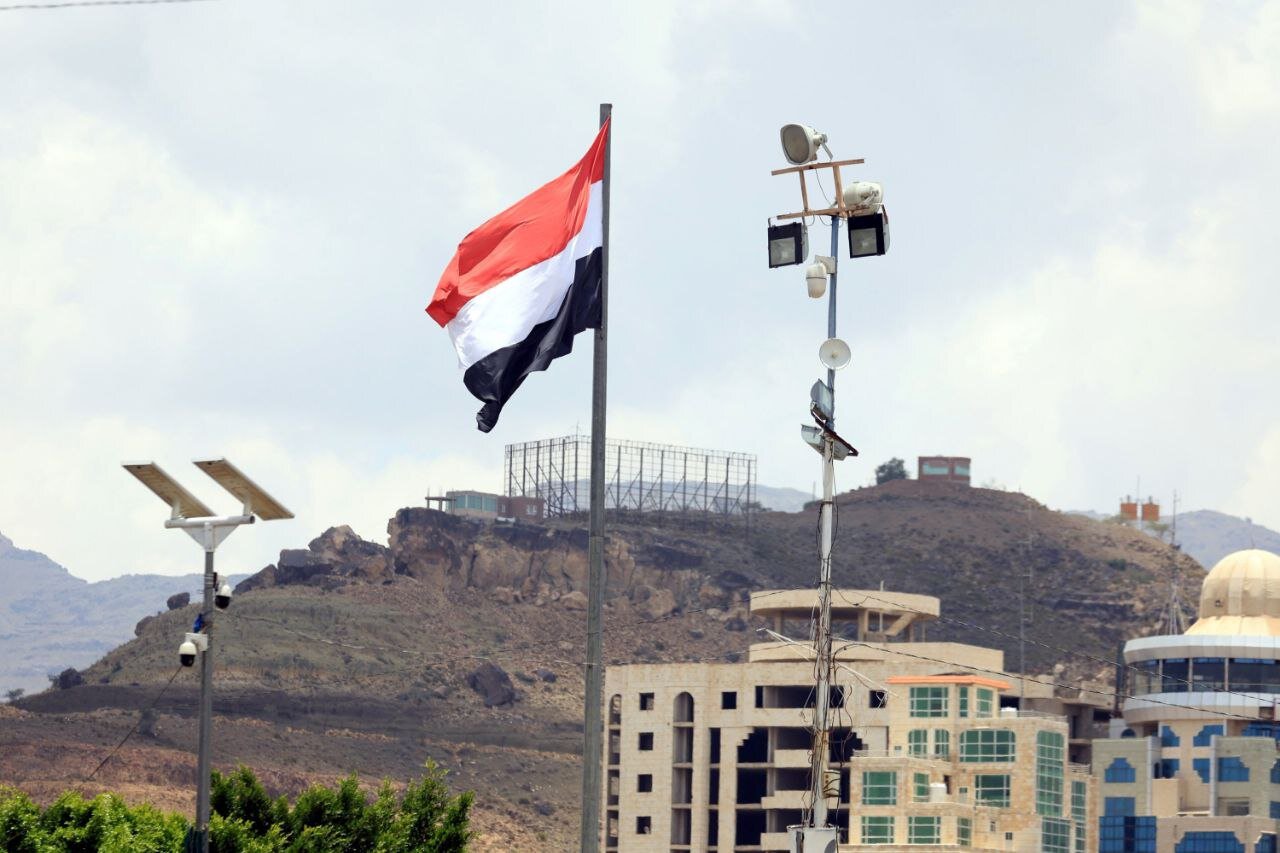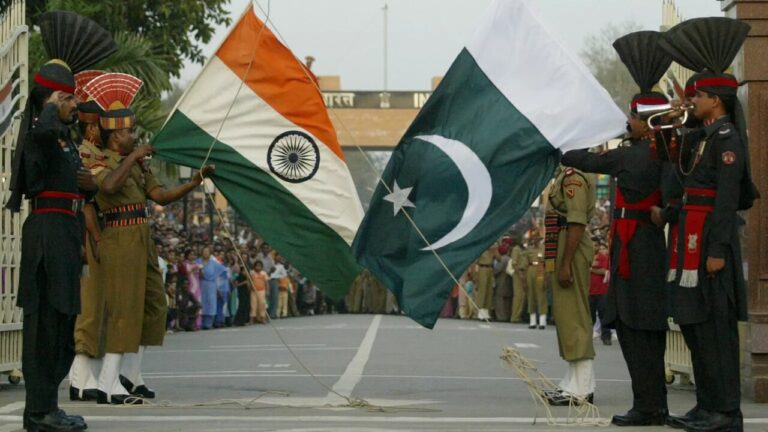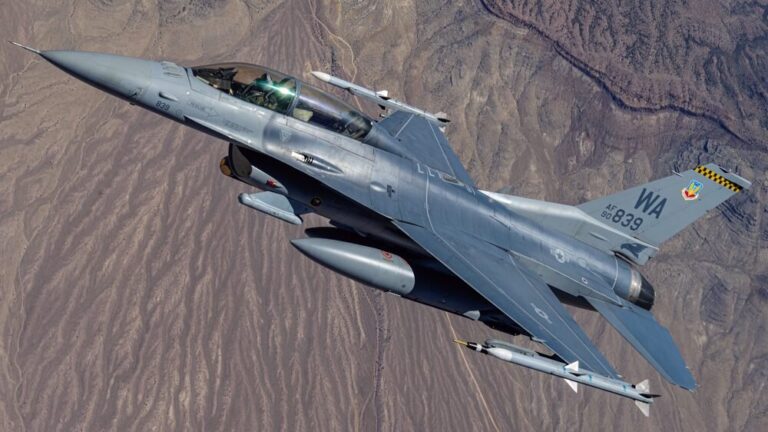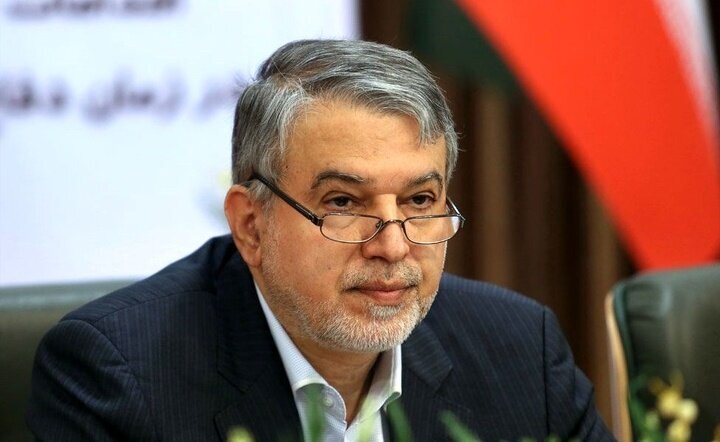Yemen Issues Stark Warning to Israelis: Brace for Severe Consequences!
In a recent escalation of tensions, a deadly Israeli-American air assault on Yemen has led to significant warnings from the Sanaa government. The assault targeted the port city of Hodeidah, causing destruction and civilian casualties, highlighting the ongoing conflict’s devastating impact.
Reports indicate that approximately 20 warplanes carried out strikes on Hodeidah, with a direct hit on the Bajil Cement Factory. This location, established in March 1973, is situated 50 kilometers northeast of Hodeidah port and serves as a vital industrial facility with a production capacity of 750,000 tons annually.
Following the airstrikes, the Yemeni Ministry of Health reported tragic losses: three civilians killed and 35 others injured in the assault on the cement factory alone. Additional attacks in Hodeidah resulted in another civilian fatality and four injuries, underscoring the brutal nature of the assault.
According to Hebrew media sources, the Israeli air force executed attacks on “nine different targets simultaneously,” with a security source claiming that “50 bombs were dropped on Hodeidah port.” Reports also suggested that the air assault was conducted in close coordination with the United States, although a U.S. military official denied any direct involvement in the operations.
Despite the extensive airstrikes, Israeli Channel 13 quoted a security official stating, “The airstrikes in Yemen are merely a repetition of the past.” There are concerns that these actions will not deter the Houthi missile launches, leading the Israeli air force to prepare for potential retaliation from Yemen.
In a state of heightened alert, Israeli media reported that residents near Sanaa International Airport were warned to evacuate, particularly after a hypersonic ballistic missile landed perilously close to Tel Aviv’s Ben Gurion International Airport. This escalation culminated in further Israeli airstrikes on Sanaa airport.
In a formal response to the aggression, Yemen’s Higher Operations Command Center (HOCC) issued a notice to global airlines. The statement read:
“In response to the Israeli regime’s escalation and its decision to intensify aggressive operations against the besieged Gaza Strip, and in line with our religious, humanitarian, and moral duty to stand with the oppressed Palestinian people, the Yemeni Armed Forces hereby declare:
A comprehensive ban on all air navigation to and from enemy airports, handled by Ben Gurion Airport, effective immediately for an indefinite duration.
We urge all international airlines to strictly comply with this declaration to ensure the safety of aircraft, passengers, and crew.”
Following the attacks, a senior Yemeni official stated, “No force can deter us,” emphasizing that this aggression would only strengthen Yemen’s resolve to pursue its objectives. The official warned that the next phase of conflict would be “extremely difficult for the Israeli enemy,” asserting that “the air blockade on occupied Palestine is a painful blow to the fragile structure of the entity.”
Ali al-Qahoum, a member of Ansarallah’s Political Bureau, echoed these sentiments, cautioning that “the consequences of the Israeli aggression on Yemen will be severe for the Zionists.” He described Israel’s targeting of civilian infrastructure as a sign of their failure, reinforcing Yemen’s commitment to supporting Gaza and Palestine.
Al-Qahoum further warned, “The Zionists should not rejoice. Yemen’s response will come with force, measure for measure, and they must brace for devastating strikes.” His statements reflect a growing sentiment that Yemen will retaliate decisively against any aggressions.
Yemeni Minister of Information Hashem Sharaf al-Din remarked on the severity of the situation, stating, “The Israeli enemy’s targeting of a port and a cement factory in Yemen expands the Yemeni armed forces’ target bank in the usurping Israeli entity, which will be weaker than a spider’s web under its qualitative strikes.”
Military expert Khaleel Nasrallah weighed in on the implications of the Israeli actions, noting that “the Israeli aggression against Yemen shows that Israel’s military target bank in Yemen is effectively zero.” He highlighted that Israel’s strategy appears to focus on destroying infrastructure to exert pressure on Sanaa, similar to tactics employed by Washington.
In conclusion, the ongoing conflict continues to escalate, with both sides preparing for potential retaliatory actions. As Yemen vows to respond to these provocations, the situation remains tense, with implications that could extend beyond regional borders.






